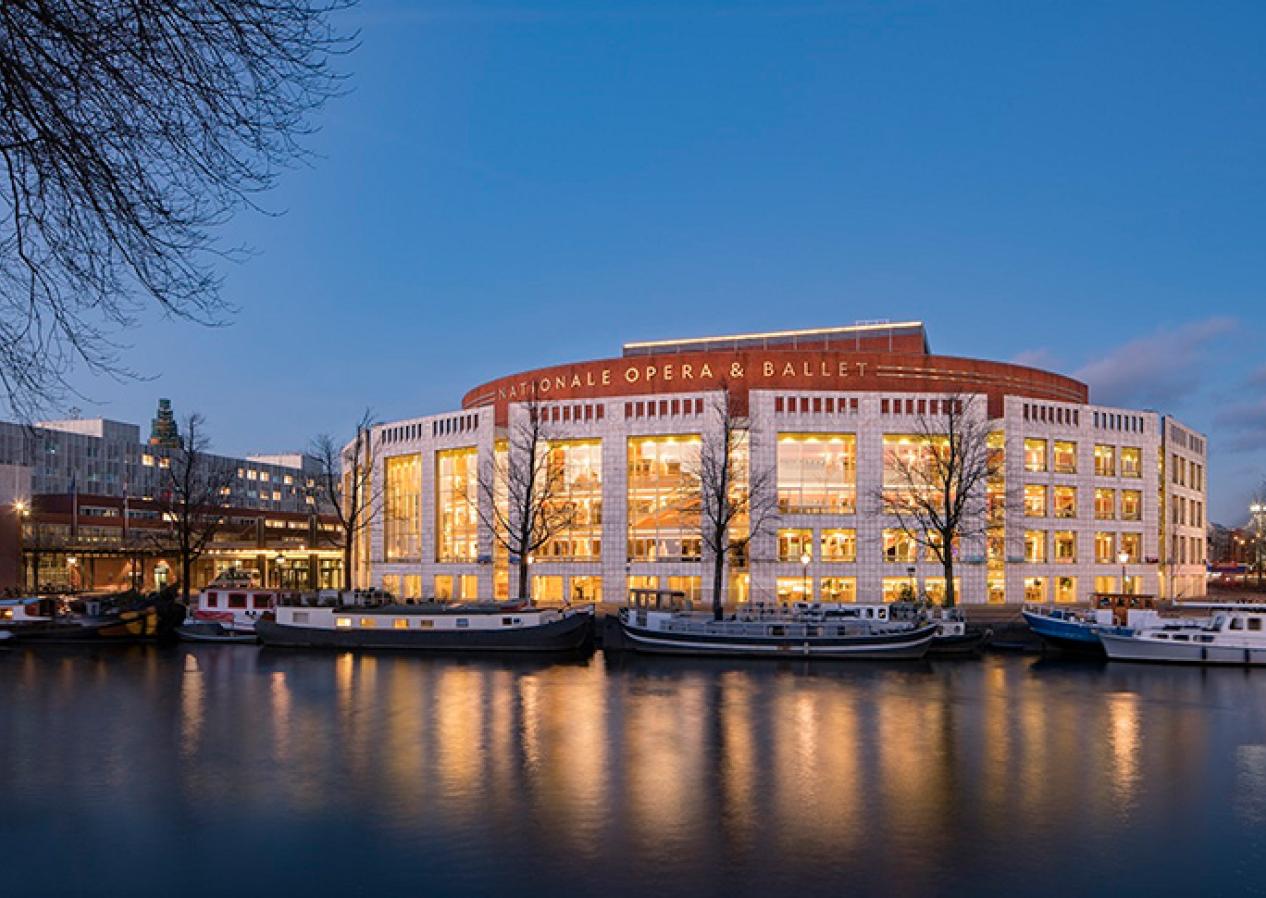
"Reducing disruptions caused by the Botlekbrug and Spijkenisserbrug in Rotterdam through the use of data"
Introduction
Port of Rotterdam, ProRail, and Rijkswaterstaat work together under the name NGinfra (Next Generation Infrastructures). They share and create knowledge, expertise, scientific research, visions, working methods, and opinions with each other and operate as a single infrastructure company. All of this is aimed at realizing an optimal infrastructure to form the basis for the best possible economy and quality of life in the Netherlands
Customer
Rijkswaterstaat
Tools/Techniques
Congestion model, LSTM, AIS data
Services
Data Science & AI
Industry
Transport
The goal-driven data solution
Together with NGinfra partners, we have explored whether the bridge operation of the Botlekbrug and Spijkenisserbrug can be optimized through the use of data. We hope to minimize the impact of bridge openings for all transportation modes: shipping, freight trains, and road traffic.
Our first Proof of Concept (PoC) has demonstrated that this is possible and also has a positive effect on CO2 emissions. We have shown that we can simulate the impact of a bridge opening on traffic congestion. Our model indicates that an average bridge opening during the evening rush hour results in more than 100 vehicle delay units (VDU) and over 1 ton of CO2 emissions due to traffic jams. If the bridge openings during the evening rush hour in June were shifted to outside peak hours, this could reduce approximately 4,500 VDU and 24 tons of CO2 emissions.
In the long term, we aim to develop an integrated traffic management system to support the bridge operator. Based on this data, an optimal bridge opening time will be displayed, minimizing the overall impact caused by the bridge opening.
Check out other case studies,


